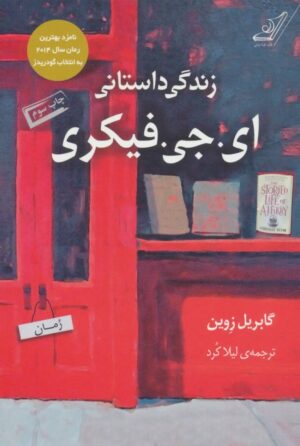Themes:
- Identity and Selfhood: The novel delves into the fluidity of identity, with Galip’s impersonation of Celâl raising questions about the nature of self and the influence of others on one’s sense of identity.
- Mystery and Detection: The search for Rüya and Celâl serves as a framework for exploring deeper philosophical questions, making the novel a meditation on the nature of reality and knowledge.
- Istanbul as a Character: Istanbul itself is a central figure in the narrative, with Pamuk’s vivid descriptions capturing the city’s unique blend of East and West, past and present.
- Intertextuality and Literary Tradition: Pamuk pays homage to various literary traditions, weaving references to Turkish and Western literature into the fabric of the story.
Writing Style: Pamuk’s prose in The Black Book is richly detailed and evocative, capturing the atmosphere of Istanbul with precision. The narrative structure, alternating between Galip’s journey and Celâl’s columns, creates a layered and complex reading experience. Pamuk’s exploration of philosophical and literary themes is both intellectually stimulating and deeply immersive.
Conclusion: The Black Book is a captivating exploration of identity, memory, and the power of storytelling. Orhan Pamuk masterfully combines a mysterious narrative with profound philosophical insights, set against the backdrop of a vividly rendered Istanbul. This novel is a must-read for those interested in contemporary world literature, Turkish culture, and the intricate interplay between fiction and reality. For readers willing to engage with its complexity, The Black Book offers a richly rewarding experience.








Reviews
There are no reviews yet.